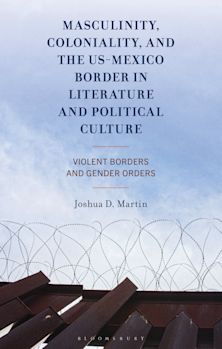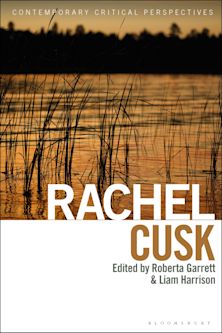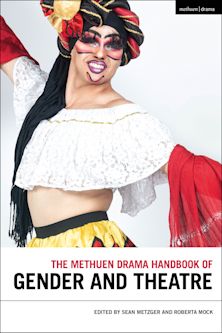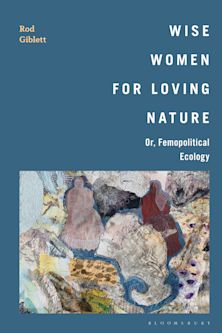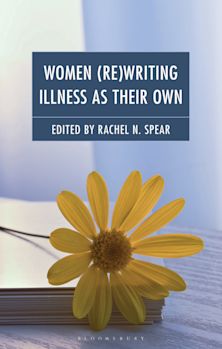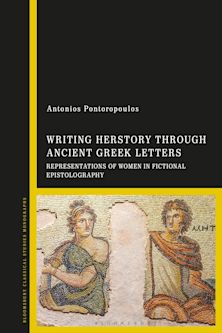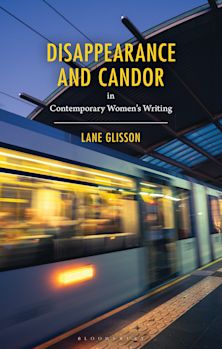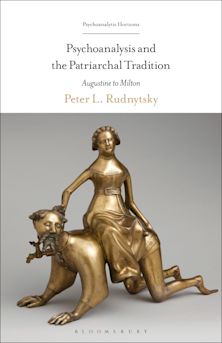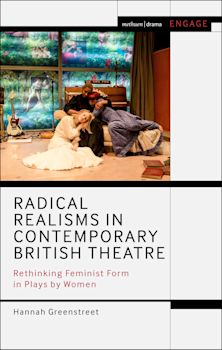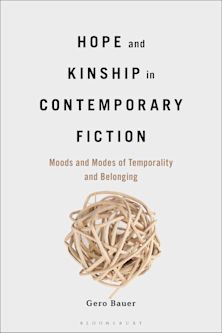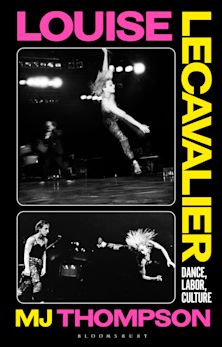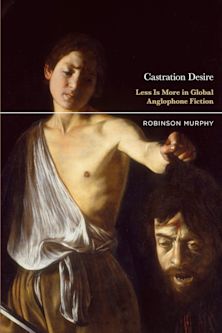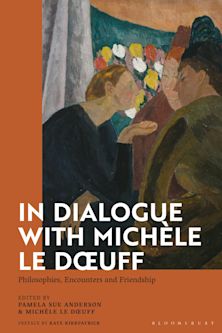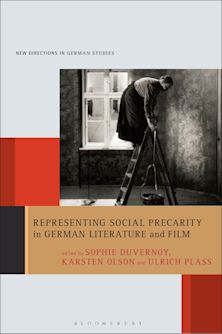- Home
- ACADEMIC
- Literary Studies
- Gender and Sexuality in Literature
- Transversal Ecocritical Praxis
Transversal Ecocritical Praxis
Theoretical Arguments, Literary Analysis, and Cultural Critique
Transversal Ecocritical Praxis
Theoretical Arguments, Literary Analysis, and Cultural Critique
You must sign in to add this item to your wishlist. Please sign in or create an account
Description
In Transversal Ecocritical Praxis: Theoretical Arguments, Literary Analysis, and Cultural Critique, Patrick D. Murphy, Ph.D, utilizes ecocriticism and ecofeminism to develop his concept of transversal practice: an interdisciplinary combination of theory and applied criticism. He begins by explaining the necessity for cutting across disciplinary boundaries of all kinds in order to address the ecological dimensions of culture and literature. The dialogical foundation of this orientation is elaborated through a consideration of the theories of Mikhail Bkahtin, particularly in terms of the ethical responsibilities of the reader and critic. Murphy then takes up issues of identity and subject formation in relation to genetics, embodiment, and selfhood. These same issues play out in the history of the aesthetic category of the sublime, which the author critiques from an ecofeminist perspective. Following that, he turns attention to cultural issues of consumption, both at home and internationally, looking particularly at postcolonial literature and forms of resistance to globalizations and agricultural land grabs. Resistance and postcolonial literature is further analyzed through consideration of two book-length Latin American poetic sequences, one by Pablo Neruda and the other by Ernesto Cardenal. Switching from works focused on the present, Murphy turns his attention then to how these themes play out in the future oriented worlds of science fiction. He concludes with two chapters that combine ecocriticial cultural critique and economic analysis in studies of the destructive role of megadams, particularly in Asia, and the impact of the combined threats of peak oil and climate change on one island's tourist economy. The conclusion contains a discussion of further drivers of future ecocritical analysis. Traversing a wide range of examples, literary, cultural and economic, this work fleshes out the benefits of an ethically grounded interdisciplinary ecocriticism.
Table of Contents
Introduction: Unpacking the Terms of my Title and Outlining the Organization of my Text
Chapter One: Dialoguing with Bakhtin on Our Ethical Responsiblility to Anothers
Chapter Two: Furnishing the Study for Performing the Household by Resolving Static Cling: The Procession of Identity and Ecology in Contemporary Literature
Chapter Three: Subjects, Identities, Bodies, and Selves: Siblings, Symbiotes, and the Ecological Stakes of Self Perception
Chapter Four: An Ecological Feminist Revisioning of the Masculinist Sublime
Chapter Five: Consumption as Addiction, Sustainability as Recovery
Chapter Six: Community Resilience and the Cosmopolitan Role in Environmental Challenge-Response Novels
Chapter Seven: The Poetic Politics of Ecological Inhabitation in Neruda's Canto General, and Cardenal's Cosmic Canticle
Chapter Eight: The Dilemma of Terraforming in Three Parts
Chapter Nine: Damning Damming Modernity: The Destructive Role of Megadams
Chapter Ten: Preparing on the Plateau of Peak Oil
Chapter Eleven: Conclusion
Works Cited
Product details
| Published | 20 Jun 2013 |
|---|---|
| Format | Ebook (Epub & Mobi) |
| Edition | 1st |
| Extent | 182 |
| ISBN | 9780739182710 |
| Imprint | Lexington Books |
| Series | Ecocritical Theory and Practice |
| Publisher | Bloomsbury Publishing |
About the contributors
Reviews
-
Articulating a methodological approach to ecocriticism, Murphy (English, Univ. of Central Florida) coins a new term that captures the intertwined nature of theory, critical practice, cultural studies, and social actions: transversal. In one sense, the author answers recent calls for more theoretical work in ecocriticism, using the word transversal to call attention to the processes of 'alliances and commingling' by which humans and 'more-than-humans' generate community in the face of difference. Contesting the viability of separating theory from practice, however, Murphy also models the dialogic relationships among transversal theory, literary analysis, ecological activism, and cultural critique. Following an introduction to the theory, a series of chapters plays out the employment of transversal ecocritical praxis within contextualized investigations of a variety of topics, texts, and human activities. Chapters consider identity, the sublime, the analogy between consumption and addiction, 'terraforming,' 'megadams,' and the future of the Okinawan economy. The articulation of Murphy's theoretical approach is at times compromised by the details of his textual and cultural analyses, but the richness of the chapters attests to the power of the conceptual framework. Summing Up: Recommended. Graduate students, researchers, faculty.
Choice Reviews
-
Murphy's book is to be commended for the forthrightness with which it grapples with urgent and difficult issues of our time, and its compelling desire to find a new language in order to call attention to ecological issues is compelling. . . .Murphy's is a study which will certainly influence multiple trajectories if not open up serious debate about the position of the ecocritic. By calling attention to an array of global events and literary fictions through multiple lenses...the book has a wide appeal for readers in a variety of ecocritical fields.
Green Letters: Studies in Ecocriticism
-
The elegant movement between method and application, breadth of vision and detailed analysis, intervention and celebration, makes this volume an exemplar of ecocriticism as ‘ethical turn.’ I recommend it for old hands and newcomers alike: Transversal Ecocritical Praxis has something to teach us all.
ISLE: Interdisciplinary Studies in Literature and Environment
-
In Transversal Ecocritical Praxis, Patrick D. Murphy not only extends his important earlier exhortations to ecocritics to think in comparative, transnational contexts, but he now explicitly demonstrates through the strategies of 'transversality' how such comparative readings of texts might occur in various contexts. Murphy’s work, always pushing new conceptual and cultural and generic frontiers, will be of tremendous interest to ecocritics and to scholars of comparative literature more generally.
Scott Slovic, Oregon Research Institute












